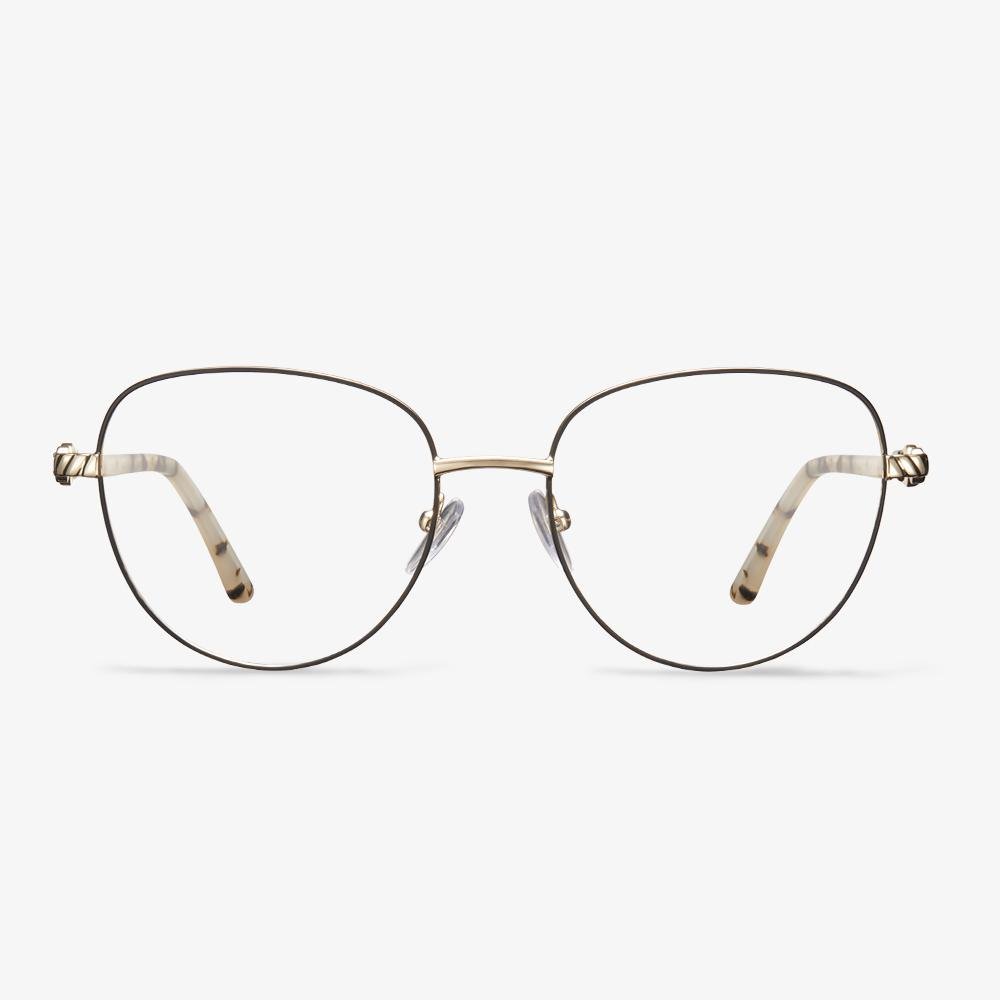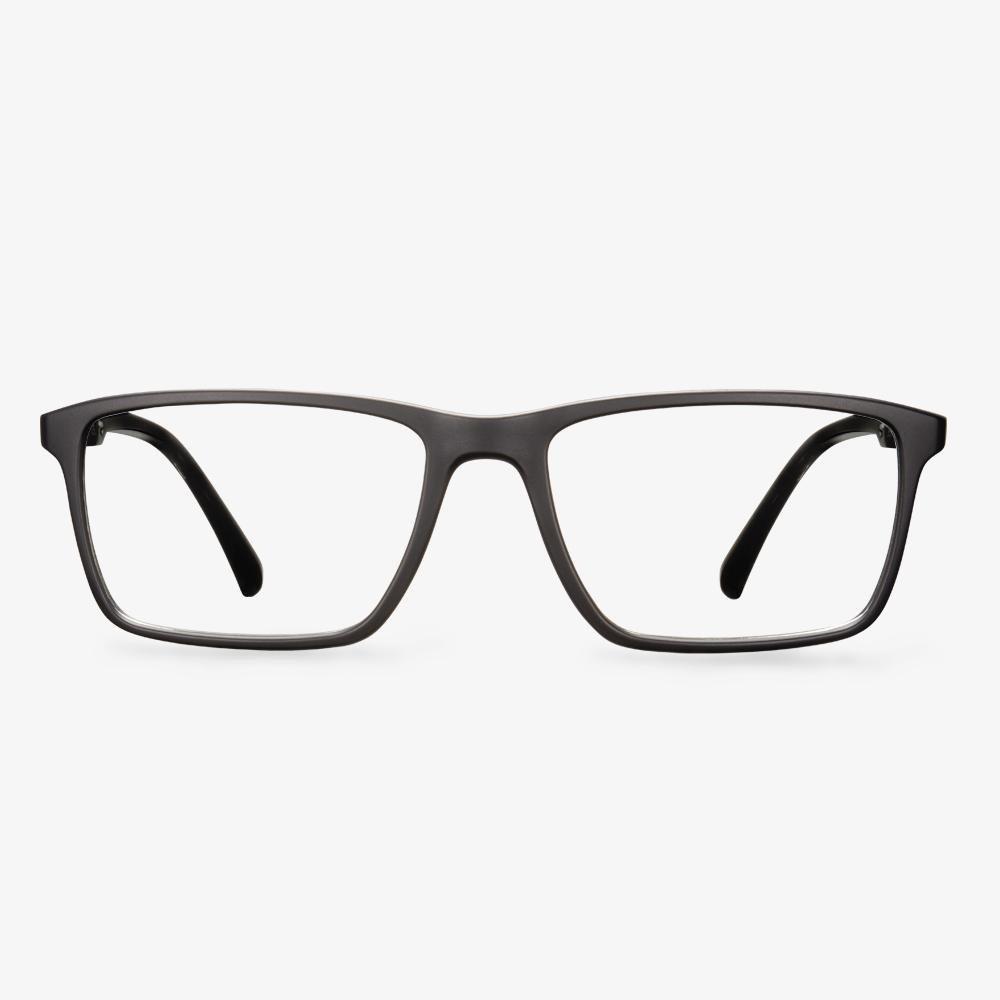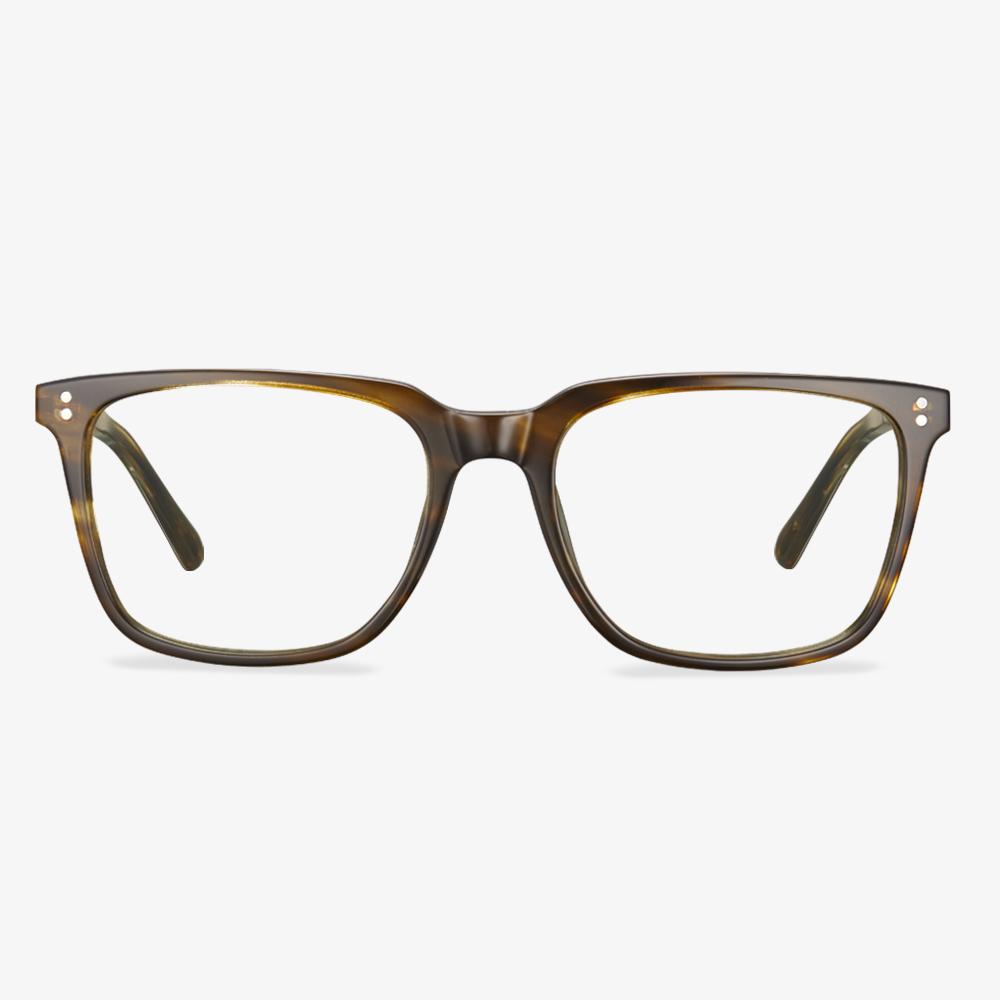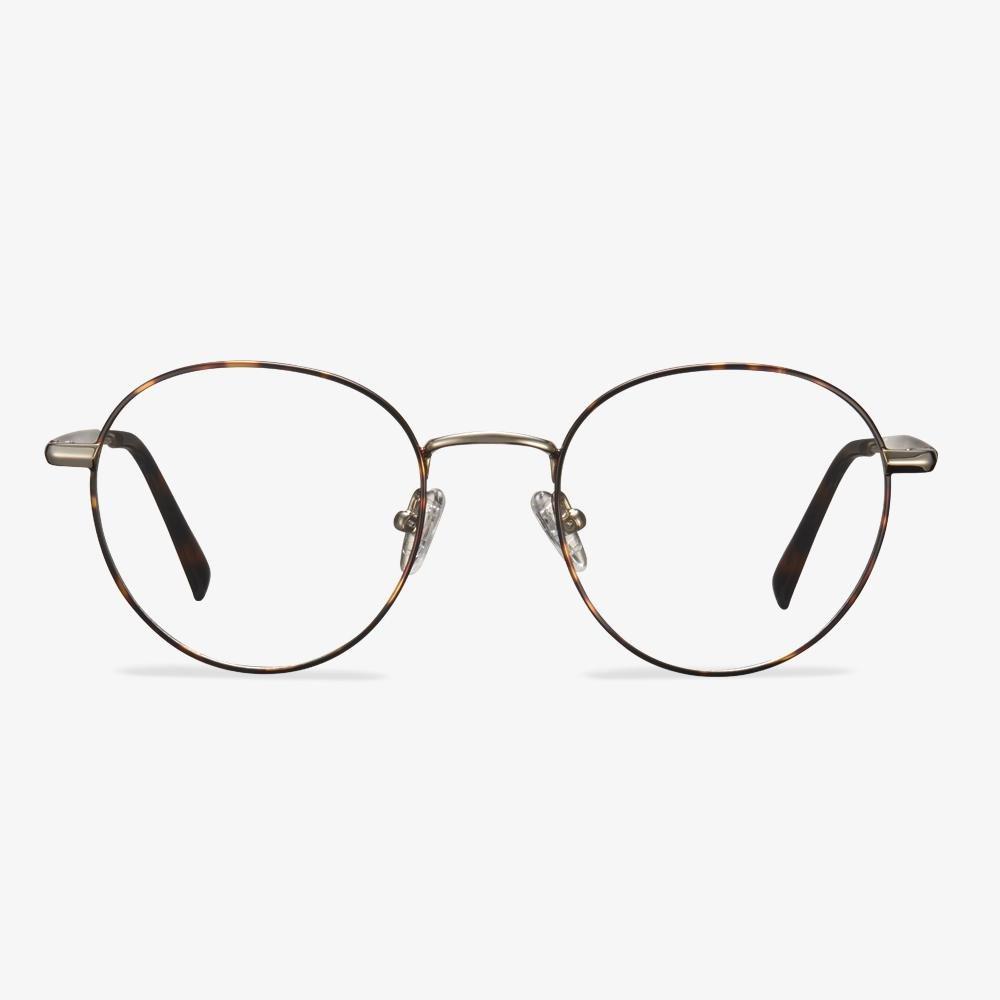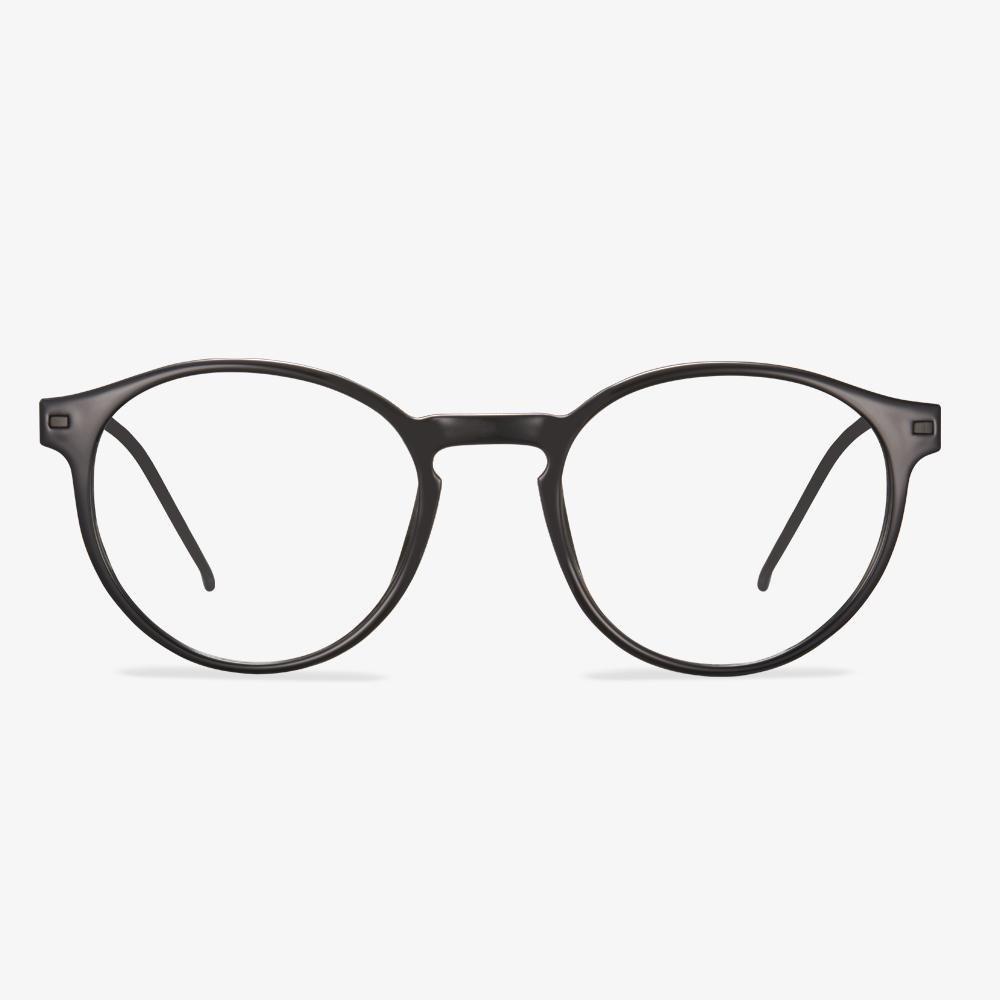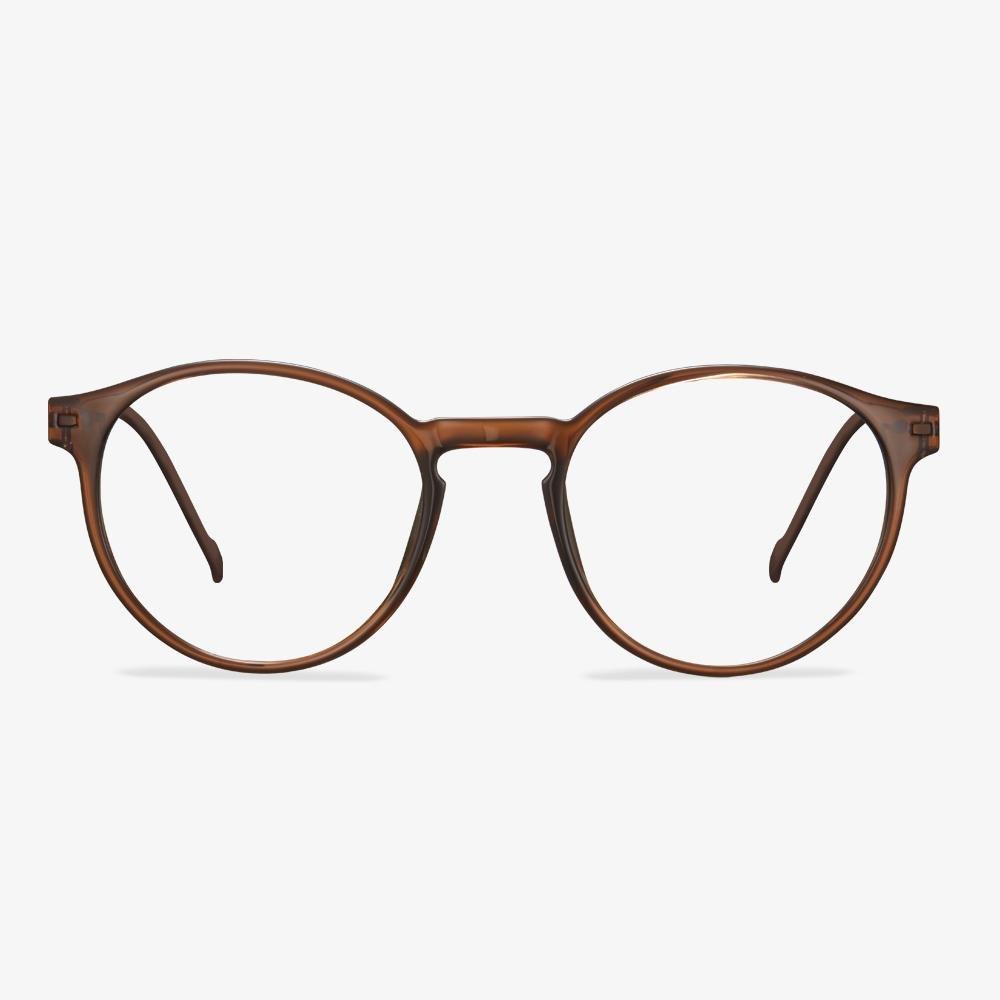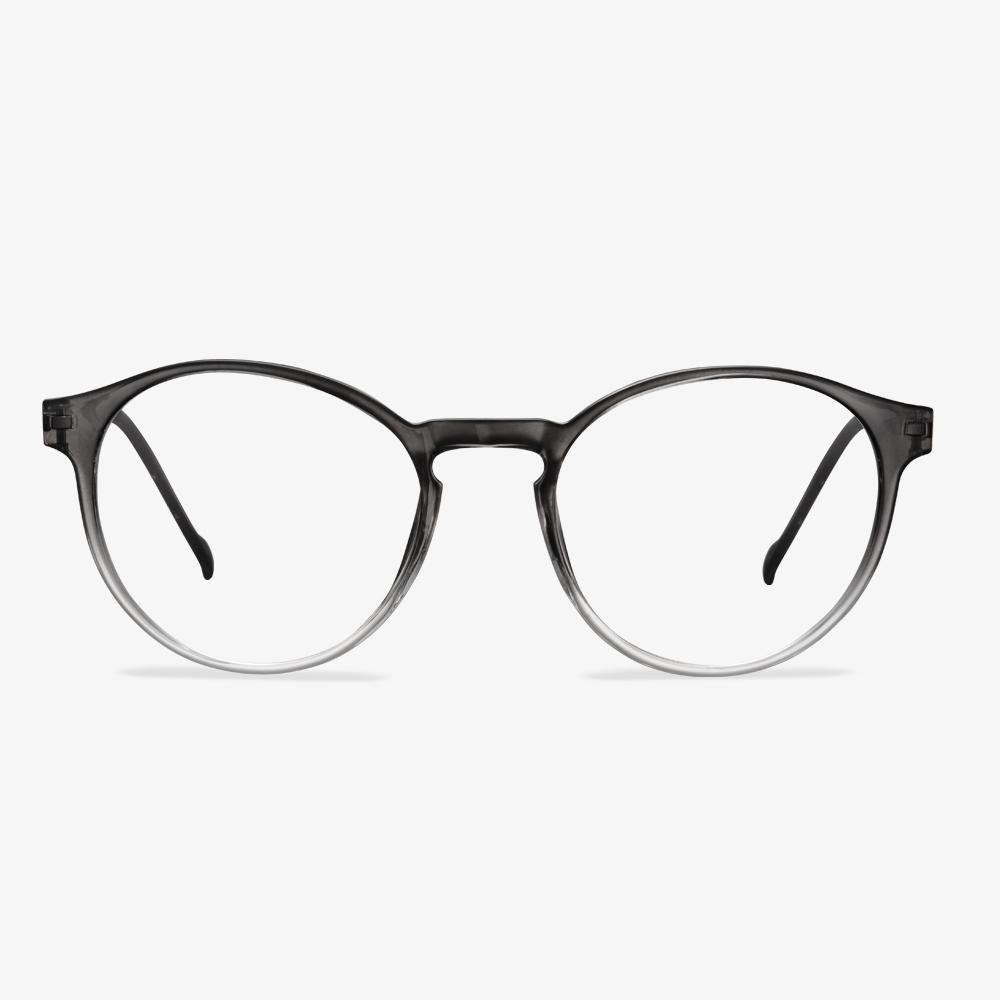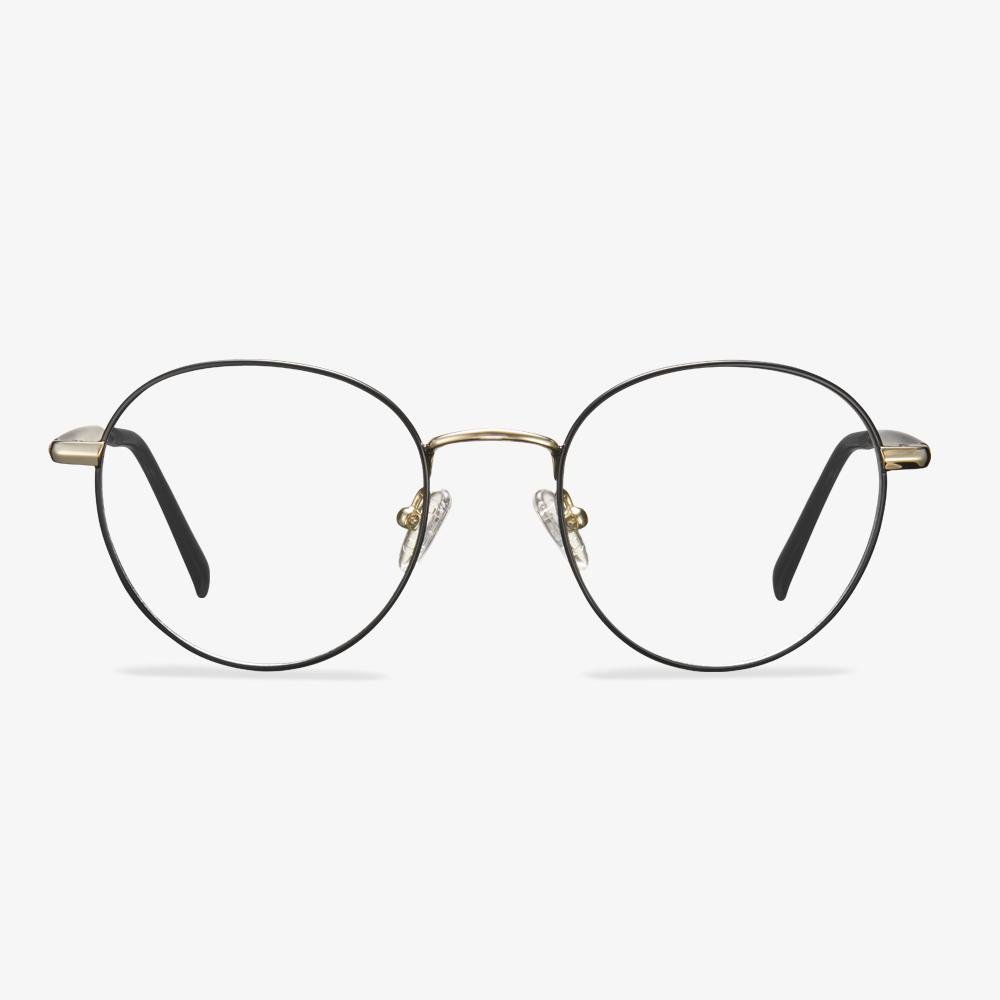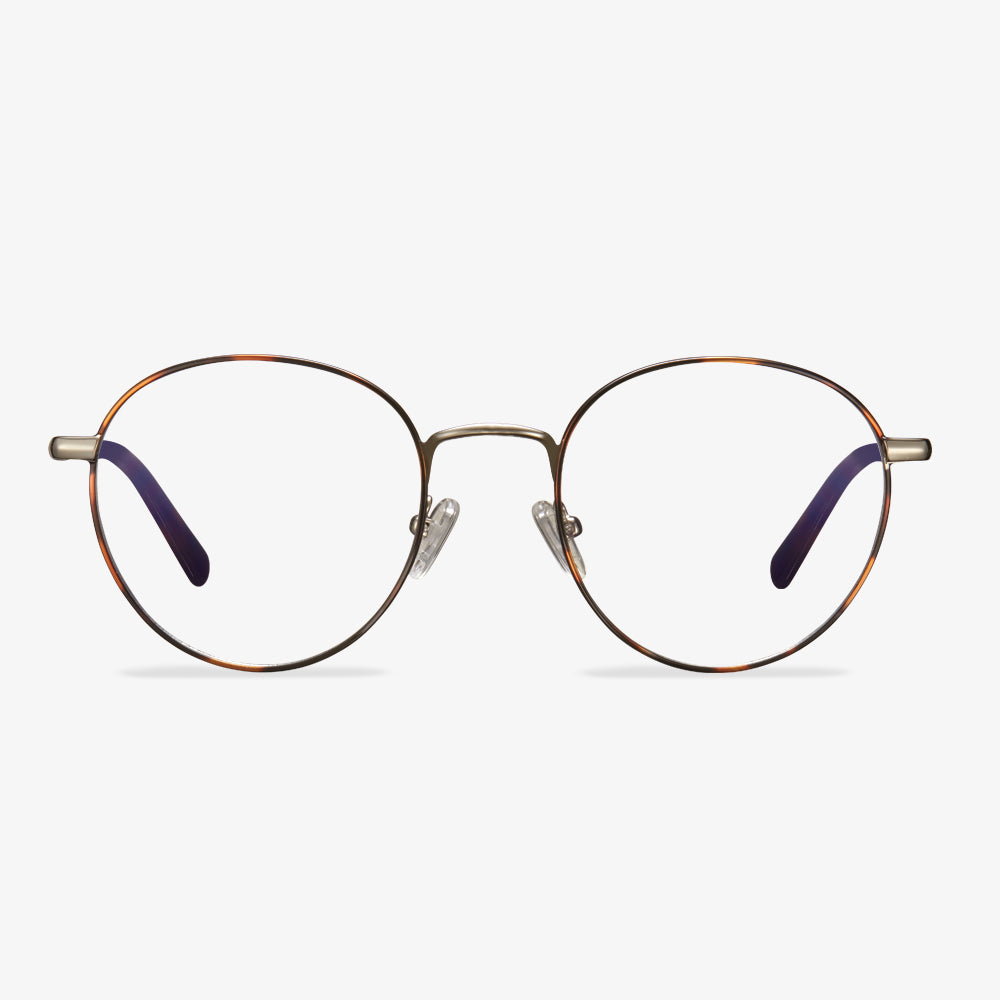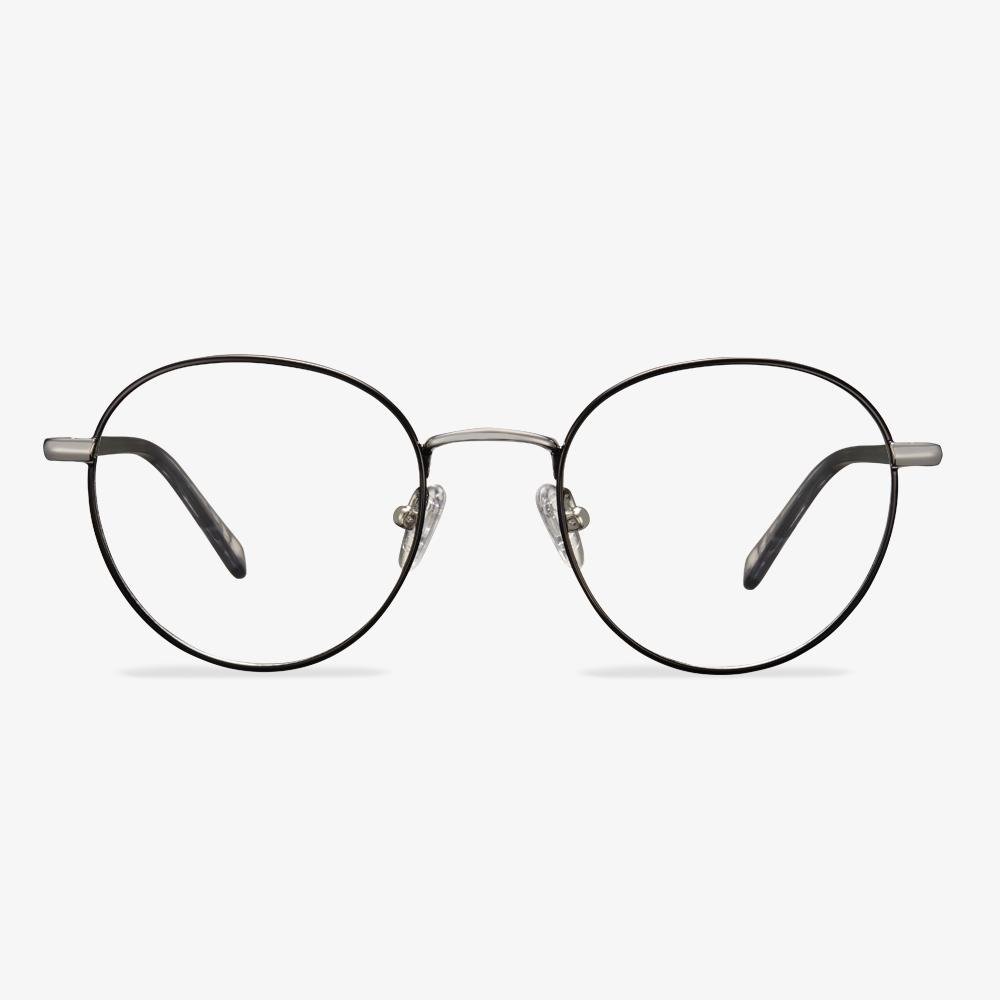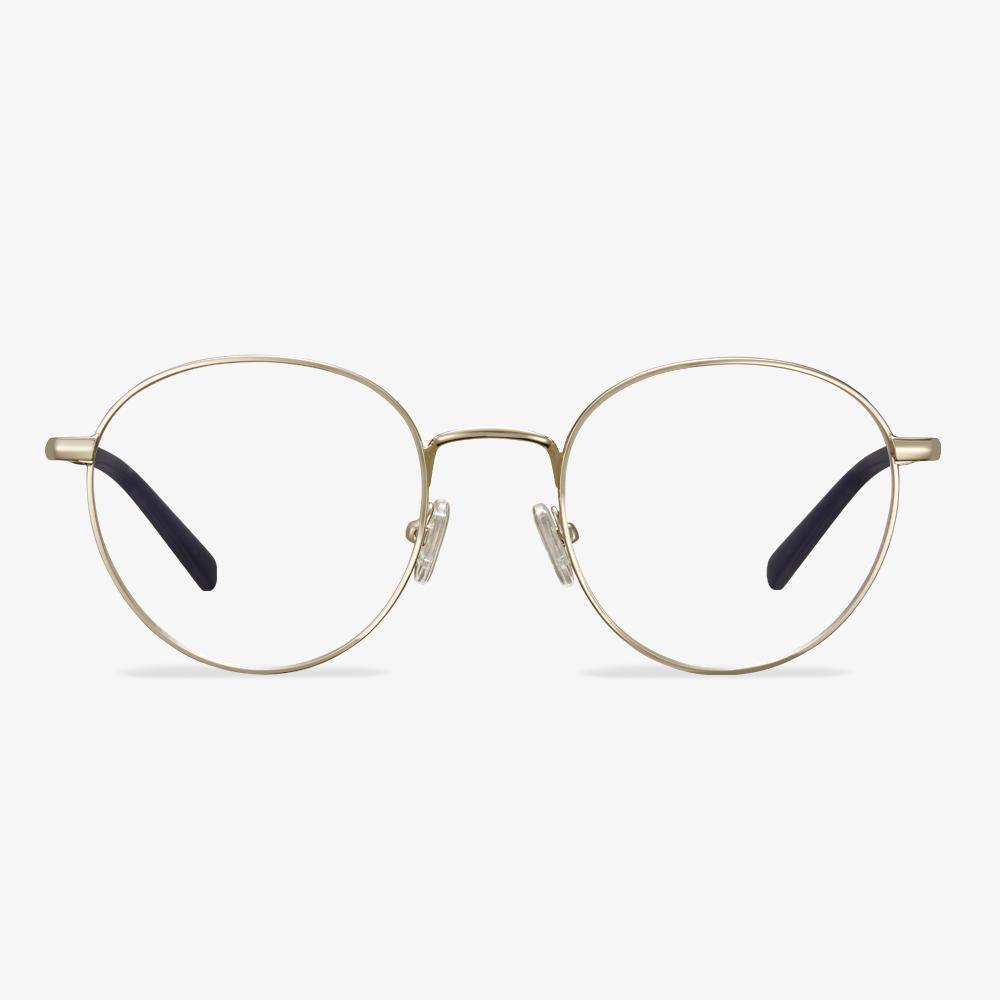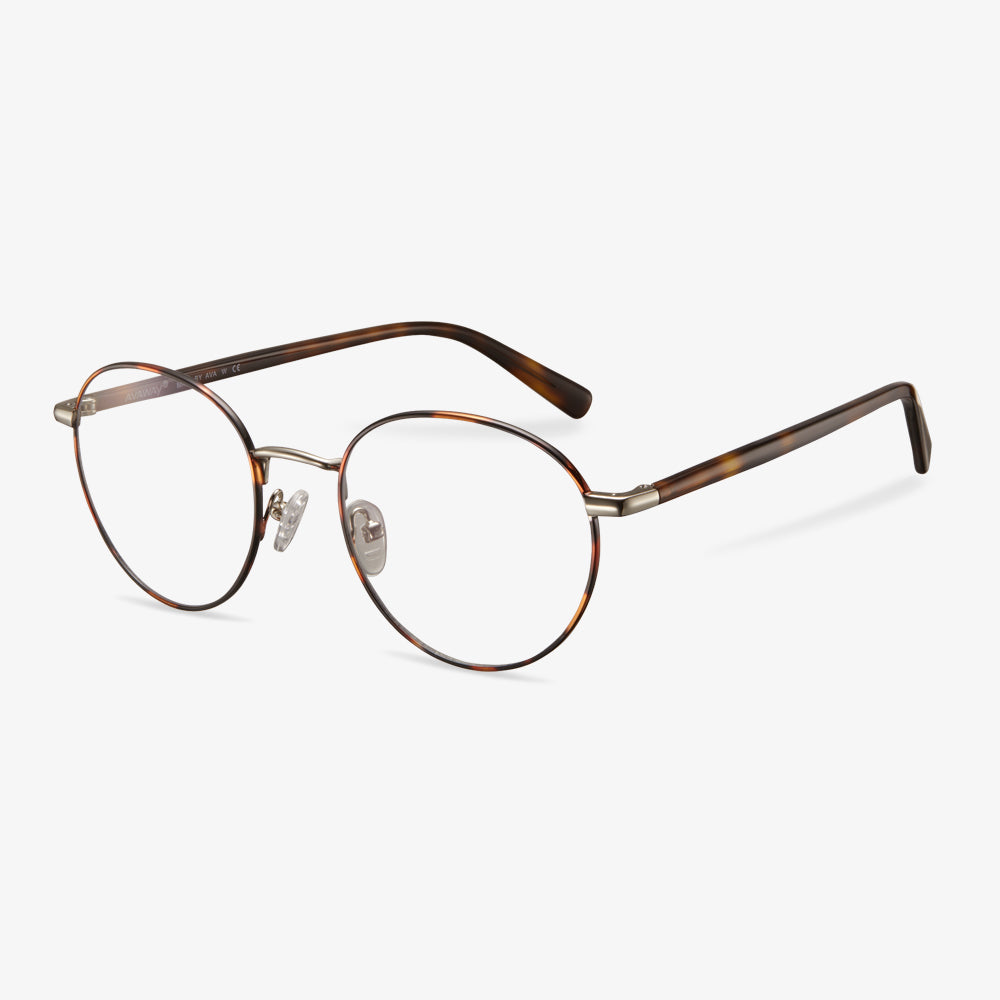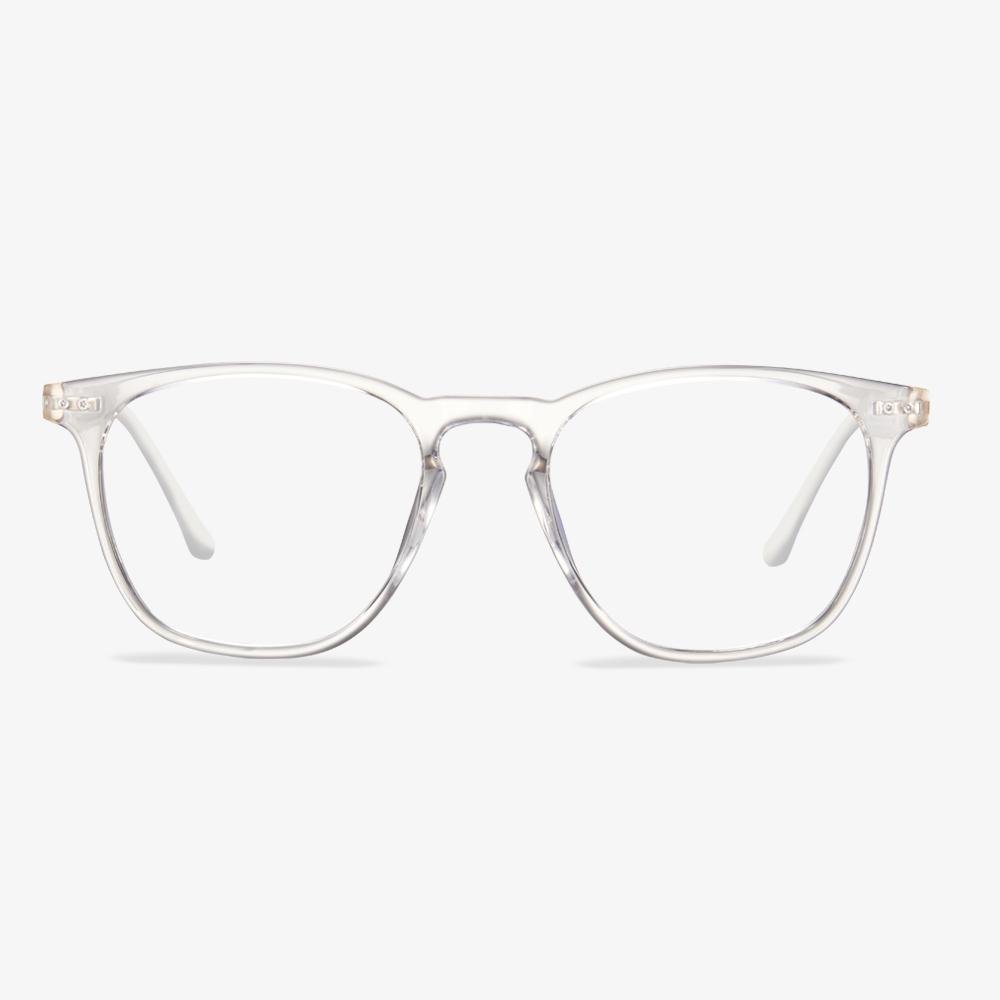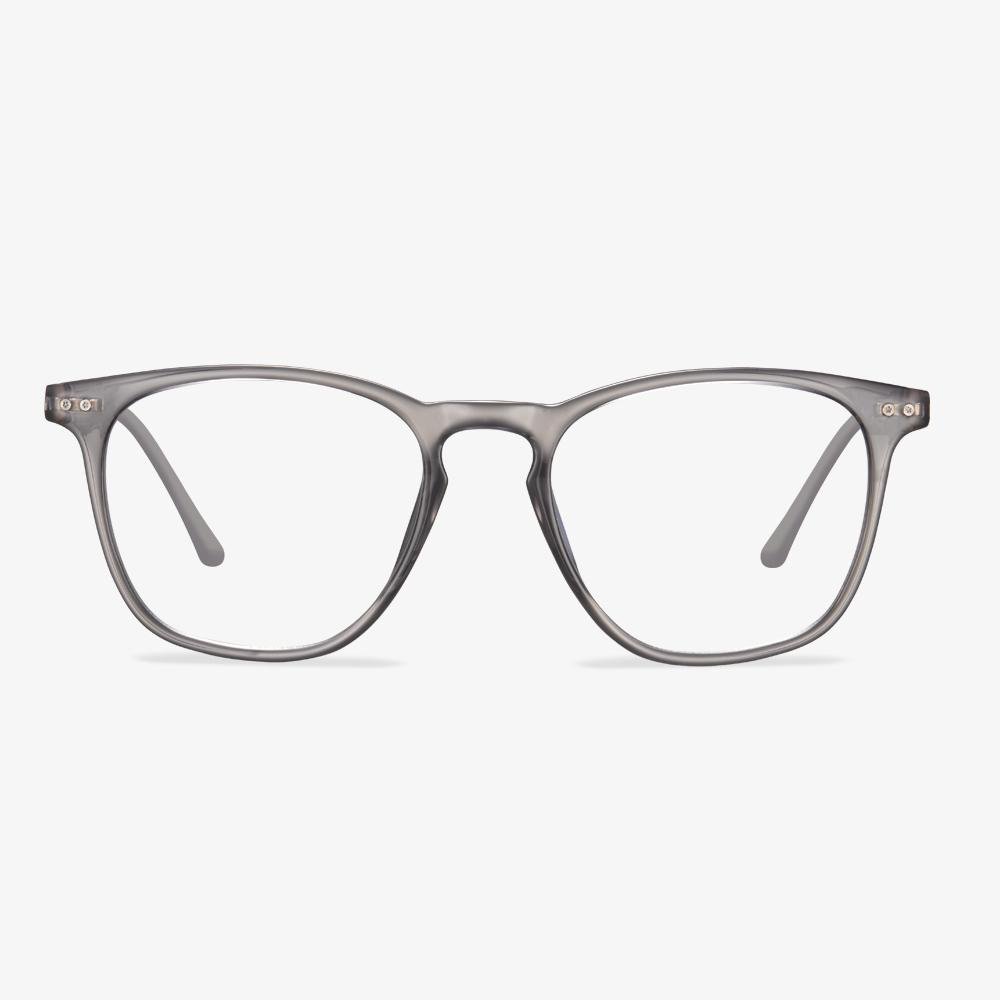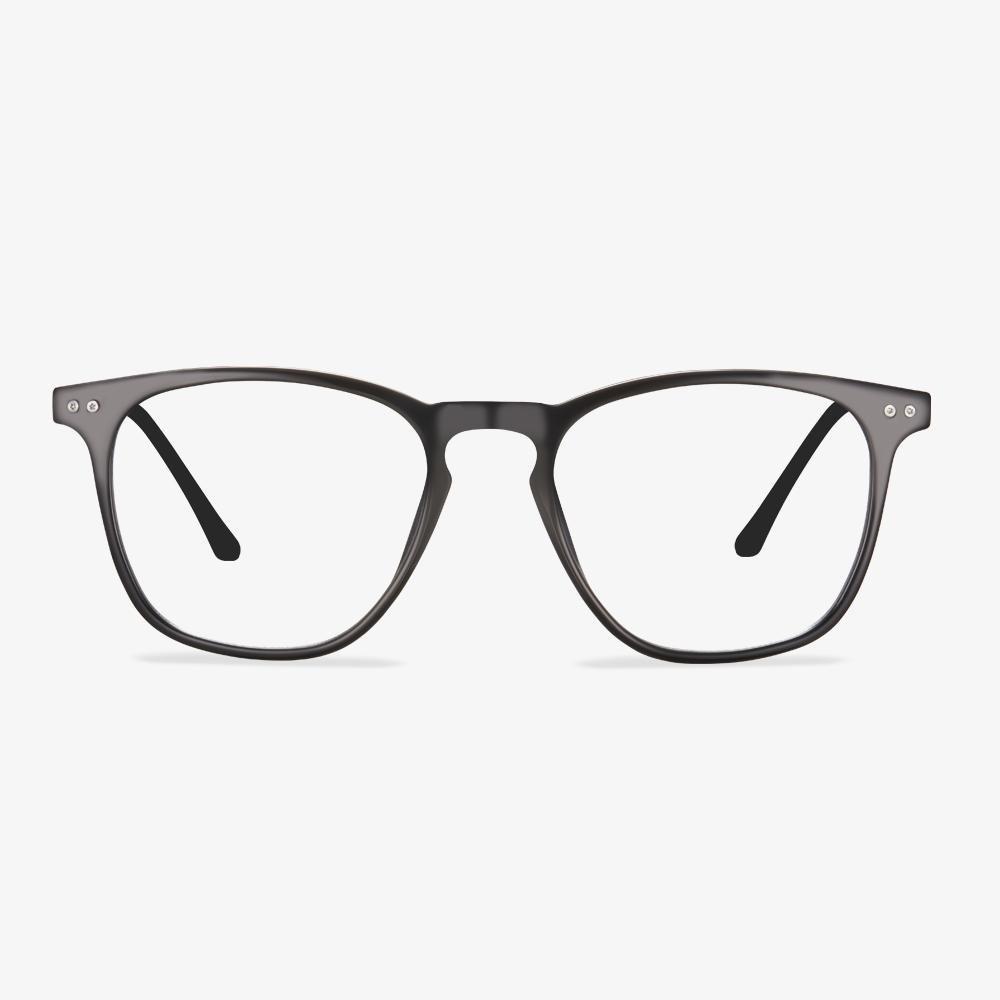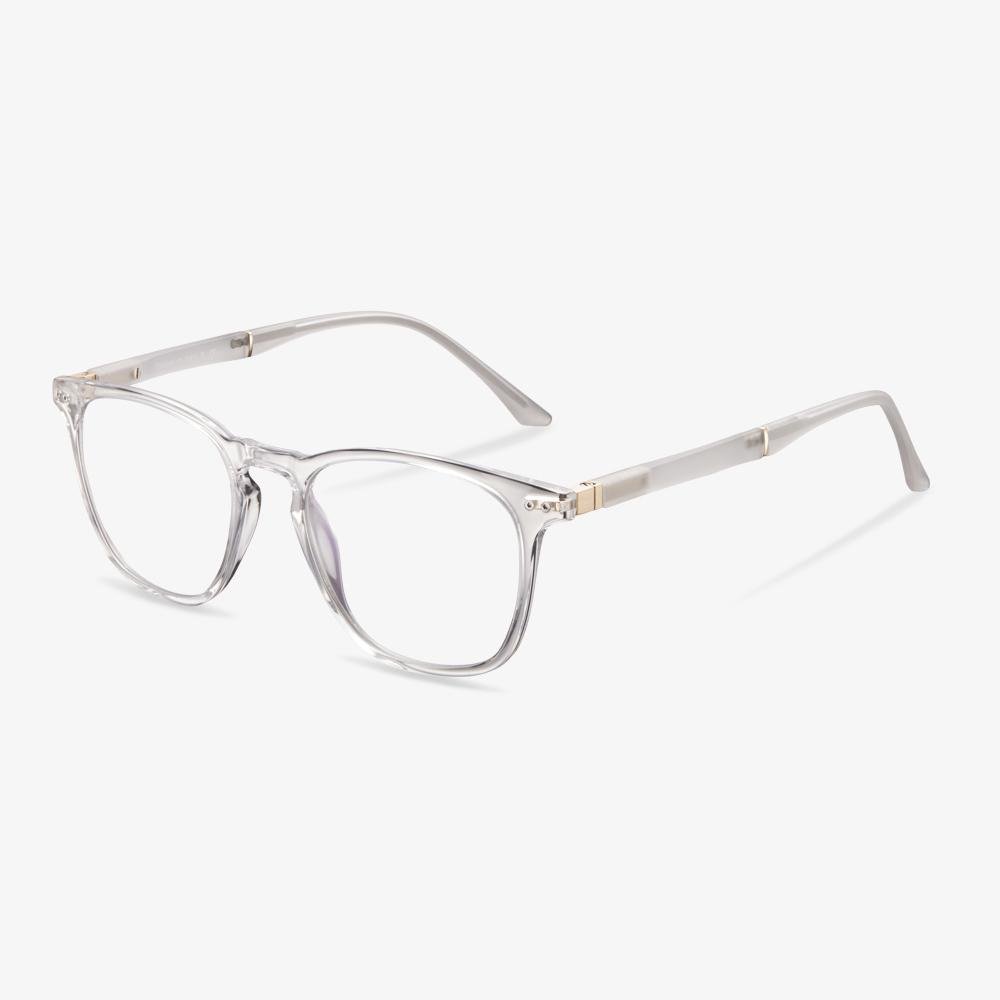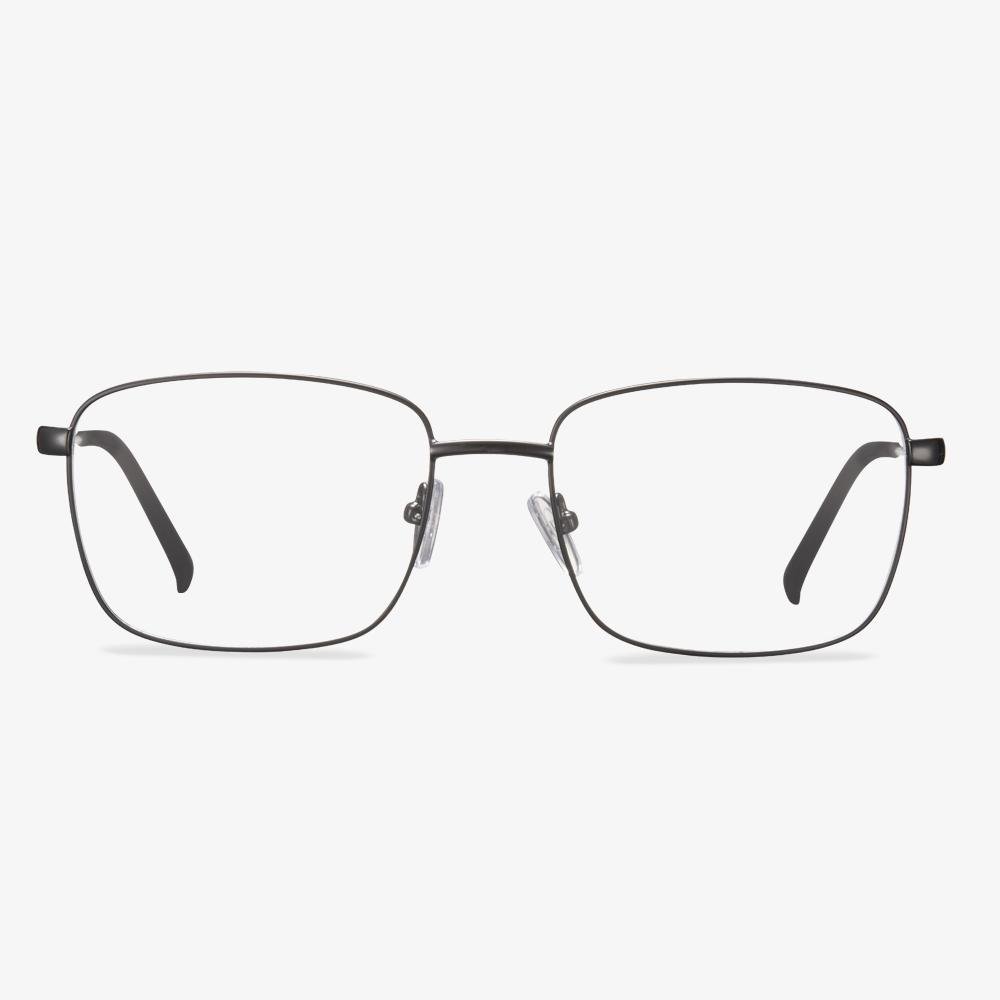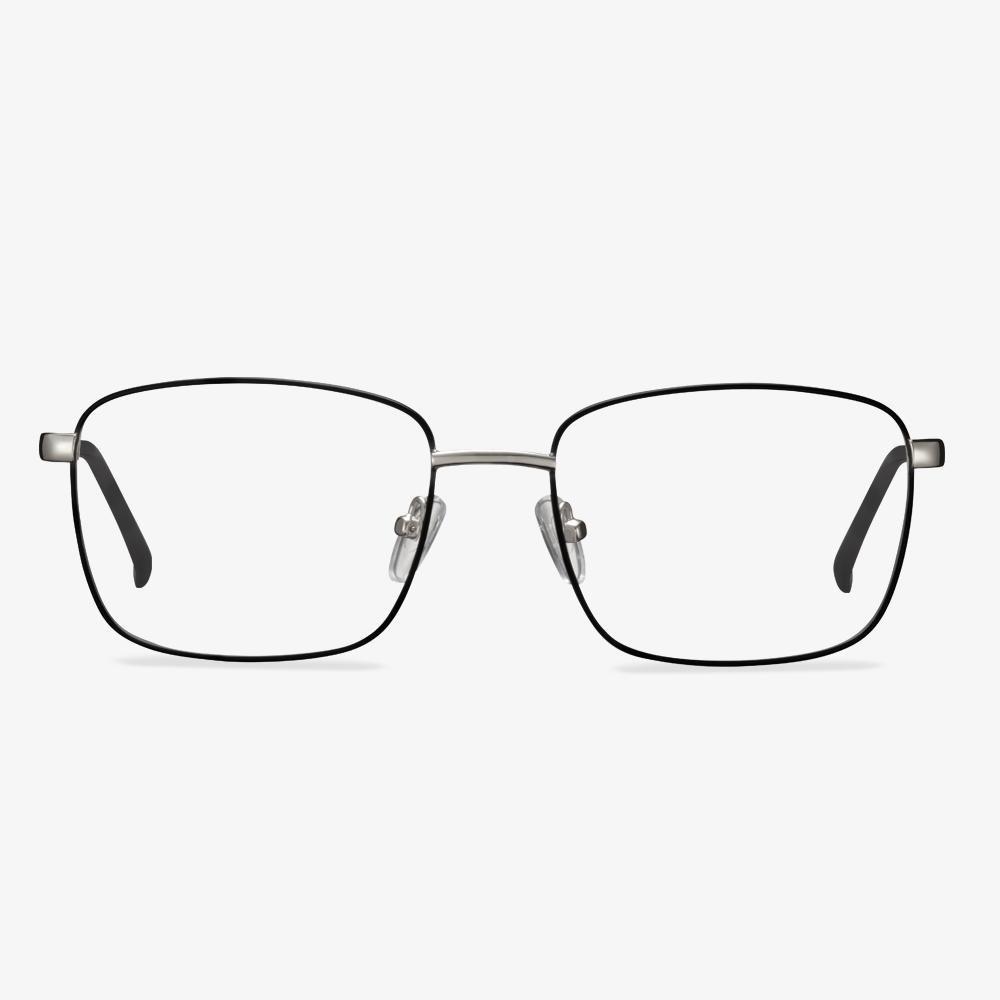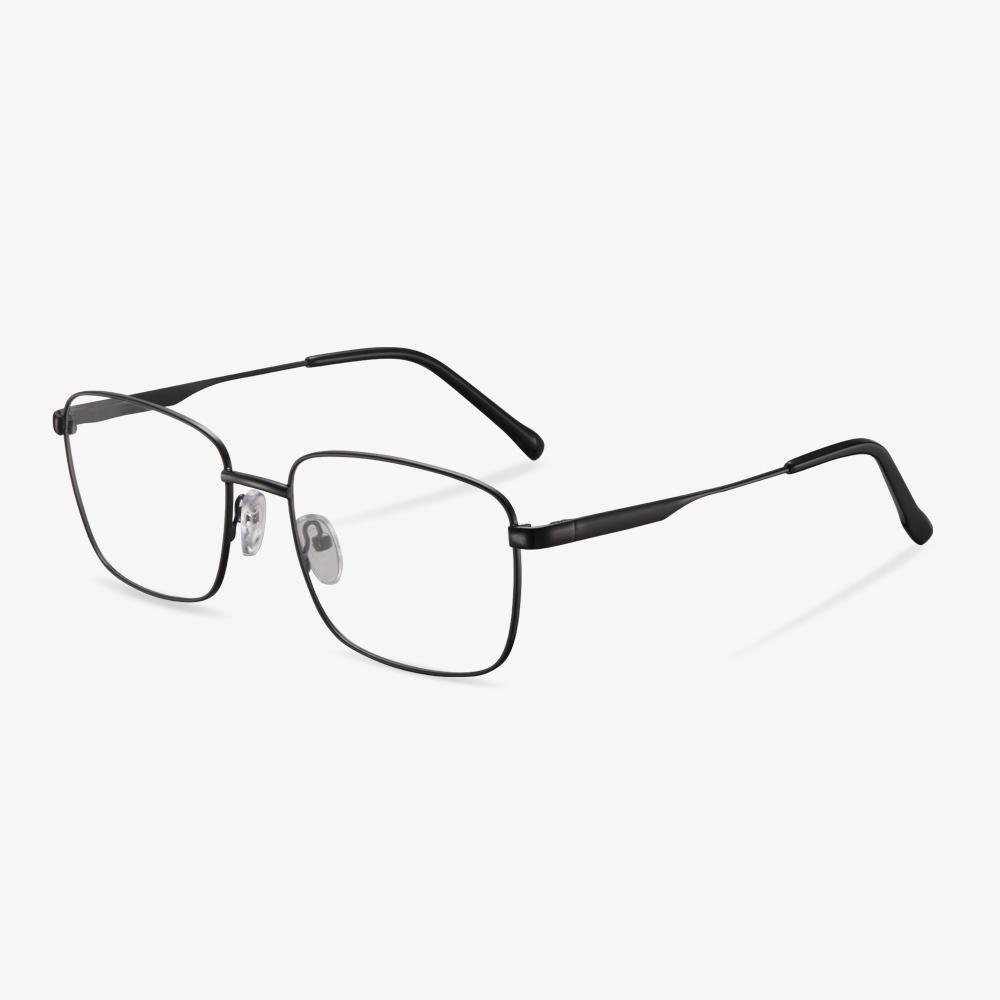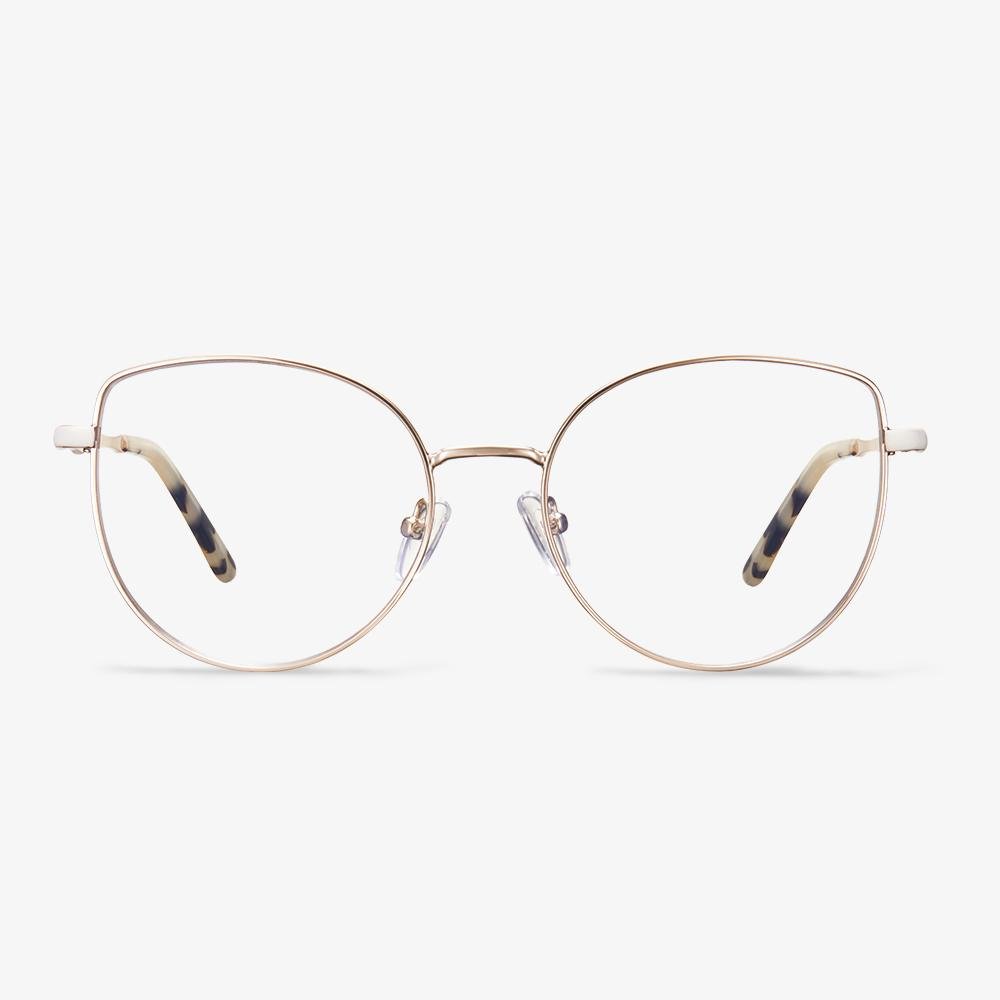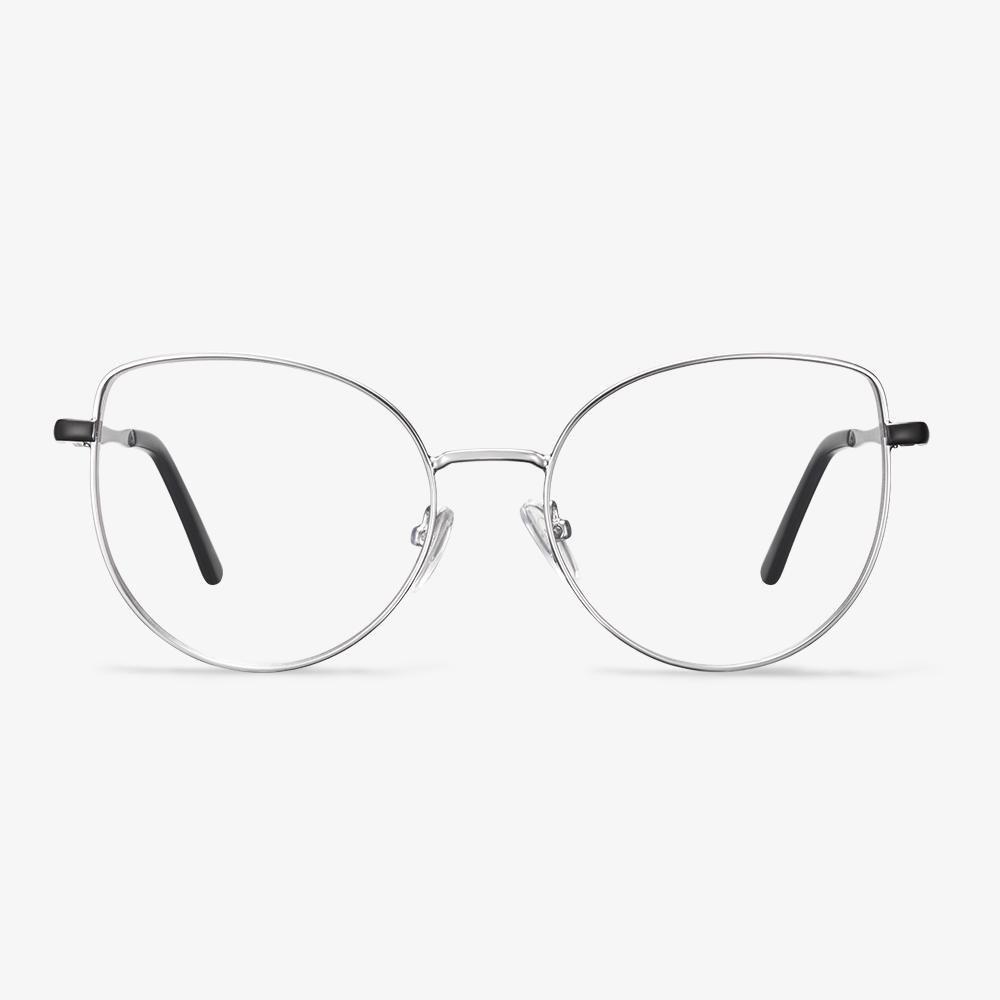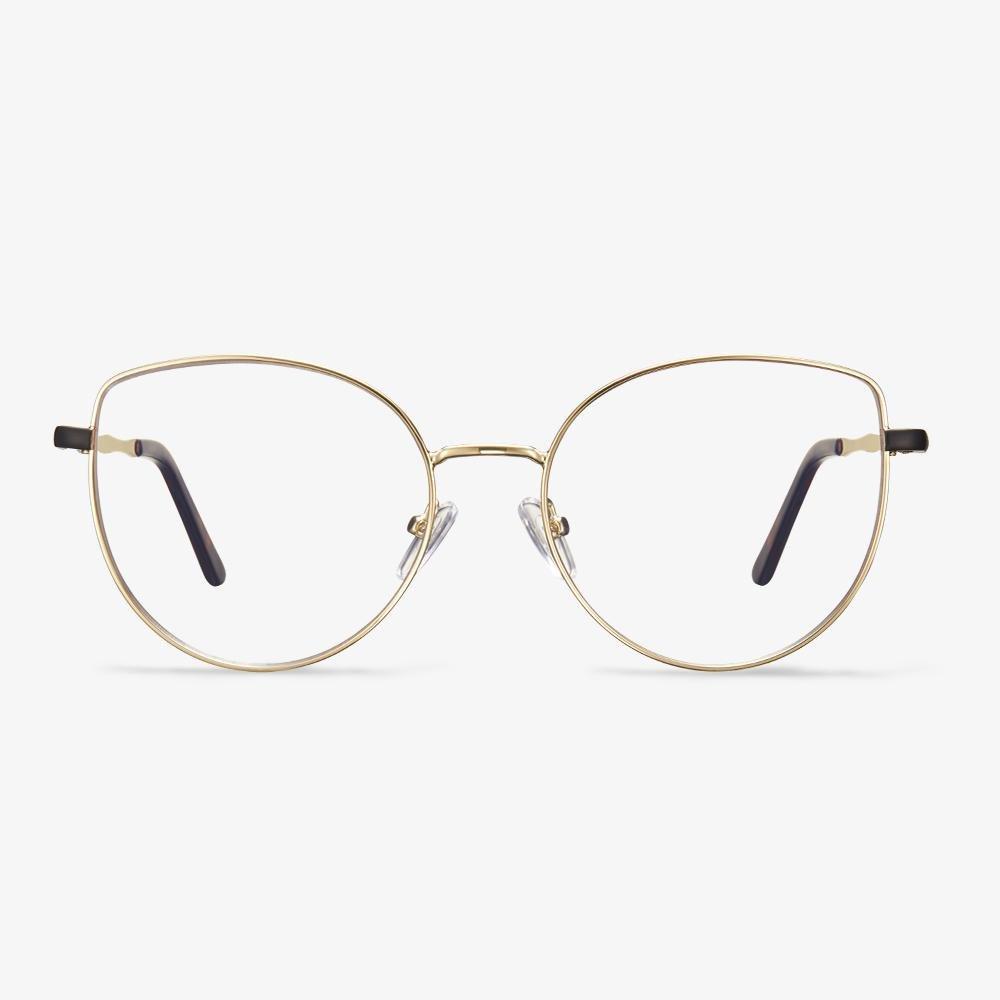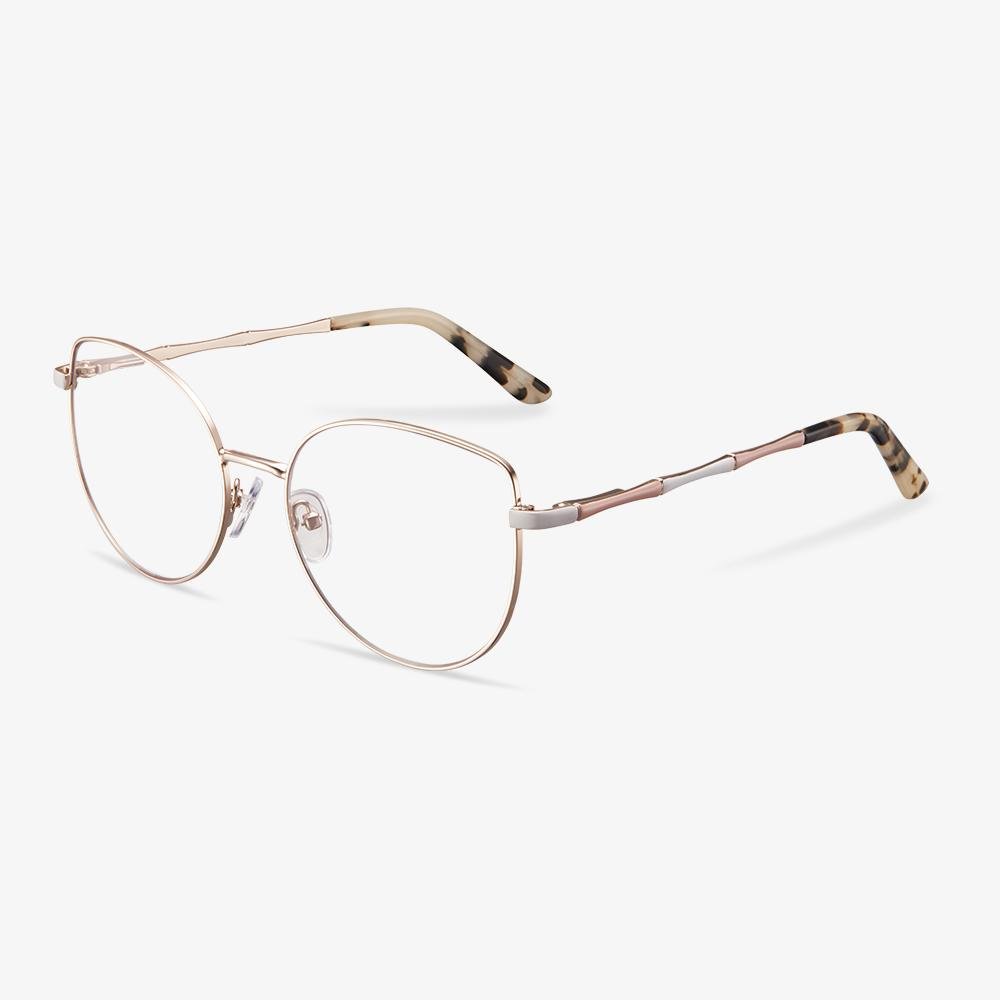If you wear glasses, you're likely familiar with the occasional frustration of dealing with glare from various light sources. Whether it's headlights from oncoming traffic, reflections on computer screens, or the sun's blinding rays, glare can be a significant inconvenience. This is where anti-glare coatings come into play. But are they really necessary for glasses? Let's explore the benefits of anti-glare coatings and why they might be a worthwhile addition to your eyewear.
1. Enhanced Vision in Low-Light Conditions:
One of the primary advantages of anti-glare coatings is their ability to improve vision in low-light conditions. When driving at night, for instance, glare from headlights can be distracting and even dangerous. Anti-glare coatings reduce this glare, allowing you to see more clearly and increasing your safety on the road.
2. Reduced Eye Strain:
For those who spend long hours in front of digital screens, whether for work or leisure, anti-glare coatings can significantly reduce eye strain. By minimizing reflections and glare on your glasses, these coatings make it more comfortable to focus on your screen, reducing the discomfort associated with extended screen time.
3. Better Aesthetic Appeal:
Anti-glare coatings are also popular for their cosmetic benefits. Without glare on your lenses, people can see your eyes more clearly when they look at you. This can be especially beneficial in professional or social settings, as it maintains natural eye contact and prevents distracting reflections.
4. Improved Night Driving:
Driving at night can be challenging, particularly for those with sensitive eyes. Anti-glare coatings reduce halos and starbursts around lights, making nighttime driving more comfortable and safer. This is especially crucial for individuals with conditions like astigmatism or cataracts.
5. Enhanced Durability:
Anti-glare coatings are not just about reducing glare. They also protect your lenses from scratches and smudges. These coatings often have a hydrophobic layer that repels water, making it easier to clean your glasses and preventing water spots.
6. Better UV Protection:
While not a substitute for dedicated sunglasses, some anti-glare coatings include UV protection. This added layer helps shield your eyes from harmful UV rays, reducing the risk of eye damage and conditions like cataracts.
7. Improved Contrast and Clarity:
Anti-glare coatings can enhance the contrast and clarity of your vision by reducing reflections and distractions. This is particularly beneficial for activities that require precise vision, such as reading, sports, or driving.
In conclusion, while anti-glare coatings for glasses are not strictly necessary, they offer a range of practical benefits that can greatly improve your visual comfort and overall eye health. Whether you need to reduce glare while driving, enhance your vision during nighttime activities, or simply enjoy clearer and more comfortable vision throughout the day, anti-glare coatings can be a valuable addition to your eyewear.
Ultimately, the decision to invest in anti-glare coatings depends on your lifestyle, visual needs, and personal preferences. If you're tired of dealing with glare and want to experience the advantages of clearer and more comfortable vision, anti-glare coatings are certainly worth considering when purchasing your next pair of glasses.











